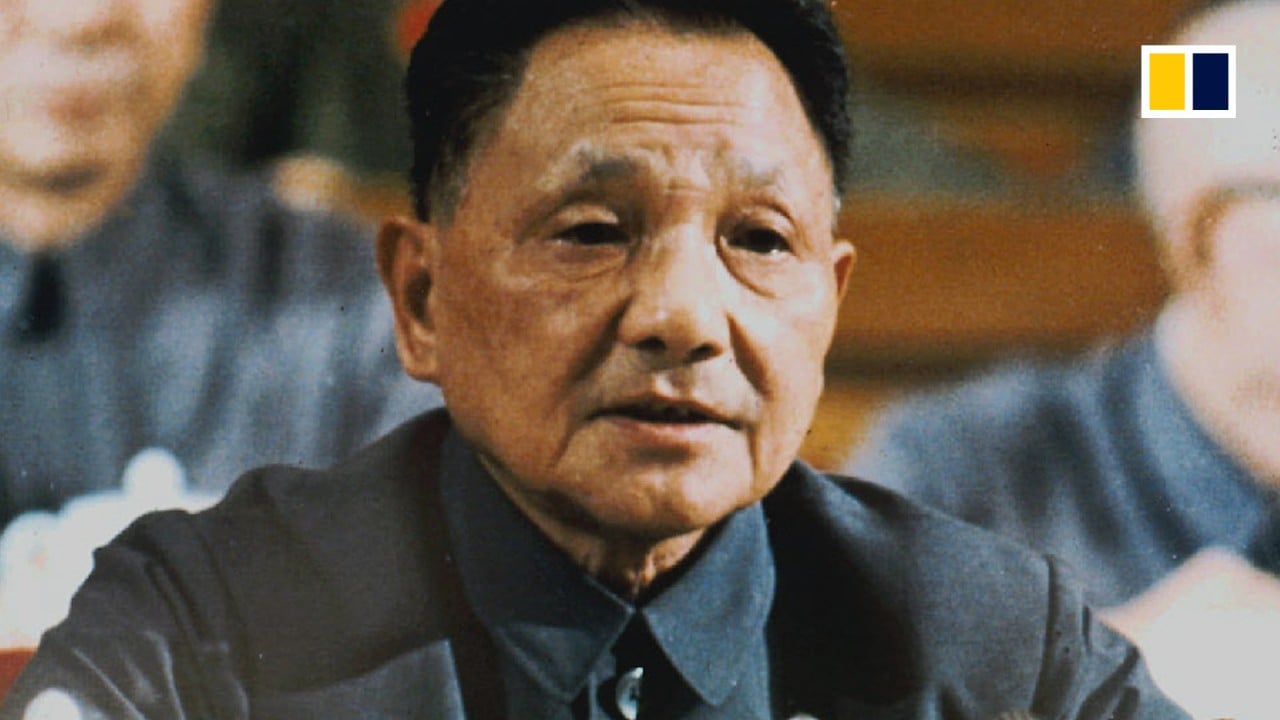Opinion | Why China has more to lose from decoupling than the US
- While Beijing may not have started the disengagement process, it is committed to seeing it through, with huge efforts to achieve self-reliance
- But China’s rise is inseparable from globalisation, and given the economic challenges the country is already facing, many of its efforts seem certain to fail

For more than three decades, the global economy was defined by unbridled integration and unprecedented interdependence. Neither political spats nor localised wars could slow the globalisation train. Markets were markets, business was business, and multinational firms became more multinational. Not any more.
The People’s Republic would not be where it is today without globalisation. International trade, investment, and capital-market access drove economic growth, while knowledge transfer – aided by engagement among students, scientists and scholars – enabled technological levelling up.
Ties with the outside world also forced China to introduce a legal system capable of establishing and enforcing contract and intellectual property law. And the expansion of China’s economic might enabled the country increasingly to project power abroad.
But, in recent years, the openness that underpinned globalisation – the “rising tide that lifted all boats” – has given way to a geopolitically focused, zero-sum mindset. International commerce and finance have increasingly been shaped by national-security considerations.


